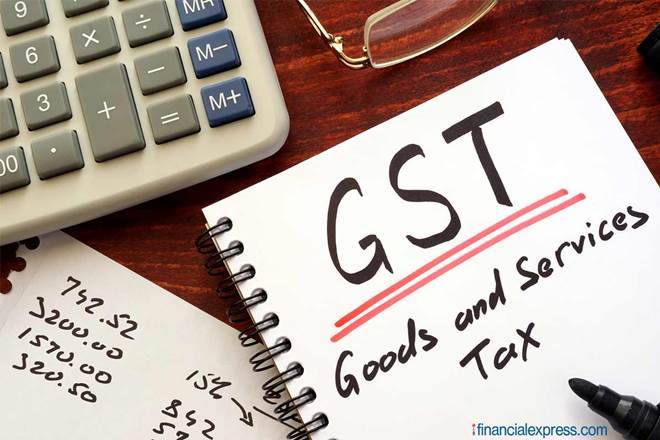
GST and Taxation for MSMEs: The Goods and Services Tax (GST) was rolled out on July 1, 2017, to simplify the existing tax regime, widen the tax base, and increase the government’s tax revenues. It was implemented with a hope that it would eliminate the system of double taxation that was in place earlier. It is being estimated that there are almost 5 crore small and medium enterprises (SME) that are responsible to form the backbone of the Indian economy and contribute to 50 per cent of the industrial output and around 42 per cent of export earnings. SME had to adapt to the new tax regime. Considerable steps had to be taken by SMEs to become GST ready. SMEs were told that changing to the GST system would eventually prove beneficial. With a GST system in place, tax evasion would become much harder and scrupulous businesses would be rewarded by tax credit inputs.
While not everything went according to plan, there is no doubt that ultimately the GST is suitable for SMEs. The impact of GST on different sectors of the economy has become a never-ending debate. It is difficult to comprehend and speculate, but it is known that it is a mixed bag of opportunities and challenges, especially for SMEs. Few reasons why it is so are mentioned below.
In most developed countries, the ratio of the direct to indirect tax collected by the government is considerably larger than it is in the developing countries. Governments in developed countries collect the majority of their tax directly. On the contrary, in the developing countries, the government collects the majority of their taxes indirectly when consumers purchase goods.
Starting a Business Becomes Easier
Another advantage of GST for SMEs is that it makes starting a business much more manageable. Under the old tax regime, aspiring entrepreneurs who wanted to start a small business had to get a Value Added Tax (VAT) registration. While this seems simple, it was anything but because rules governing GSTs predecessor, the VAT differed from state to state. Besides processes varying from state to state, the process of getting a VAT registration was very cumbersome. To get a VAT required going to many government offices and meeting with many officials. Graft played a big part in getting a VAT registration.
Since GSTs rolled out the process of starting a business has become very smooth. Those who want to start a new business need to only register for a GST. As the process of registration is centralised, getting a GST number takes a fraction of the time that it took to get a VAT.
Businesses Pay Less Tax under GST
A considerable advantage of the GST regime is that companies pay much less tax than they paid under the VAT. In addition to eliminating the system of double taxation, the GST system eliminates the multiple state and central taxes businesses had to pay. Previously, companies had to pay as much as 32 per cent in taxes. Under the GSTs system, they pay just between 18-22 per cent. Furthermore, businesses don’t have to pay taxes to several different departments. Hence the tax filing process has become much more straightforward for small businesses.
More Businesses are Tax Exempt
A considerable advantage of the GST mechanism is that businesses that only earn up to Rs 10 lakhs annually do not need to file a GST return. Under the older tax system, every company that made more than Rs 5 lakhs had to file a tax return. Under the new GST system, however, more small businesses are exempted from paying tax. Such exemptions are good for the economy because it increases the incentive for aspiring entrepreneurs to establish businesses. A simplified registration process and a friendlier tax policy make the GST system a significant enabler of SMEs.
Easier Compliance
With a GST system in place, compliance becomes much easier for SMEs. The GST eliminates challenges and bottlenecks that regularly occurred under the old tax regime. Greater transparency under GST makes more people want to try their hand at entrepreneurship. The incentive to start a business has grown immeasurably since the introduction of the Goods and Services Tax. Entrepreneurs who commence a business today have a much easier time getting their venture off the ground. They also stand to gain much more financially by starting their enterprise.